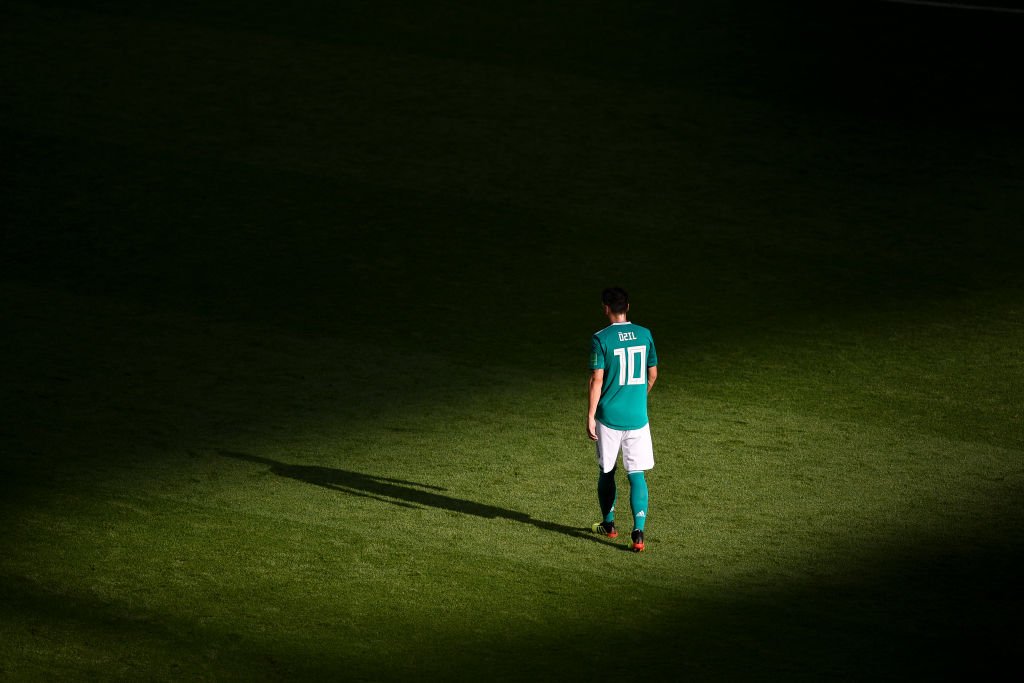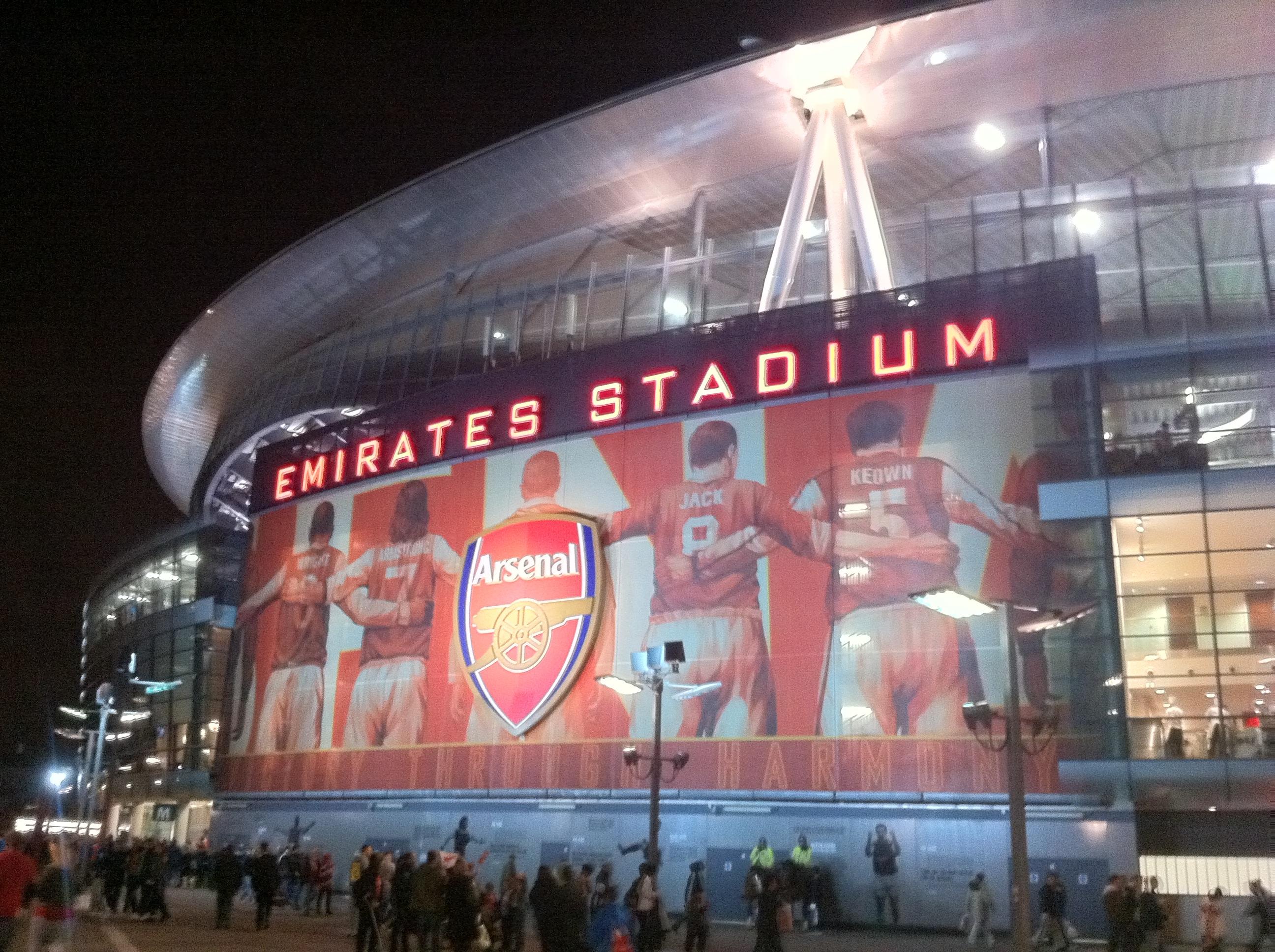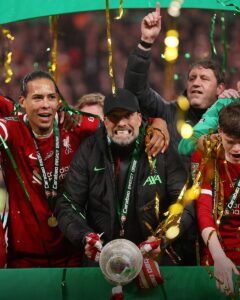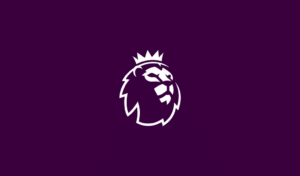It did not even take 24 hours. On Sunday afternoon, Mesut Ozil retired from the German national team via a damning letter that accused Germany’s soccer federation, the DFB, of “racism and disrespect.”
On Monday morning, before the allegations could be given proper time and thought, the German soccer establishment battled back.
“He’s been playing s— for years,” former German striker and current Bayern Munich president Uli Hoeness said of the five-team German player of the year.
“The last tackle he won was before the 2014 World Cup,” Hoeness continued about said the player voted Germany’s best in both 2015 and 2016. “And now he is hiding himself and his poor performances behind this photo.”
“For the DFB to have been associated with racism is something we emphatically reject,” an official federation statement read.
Meanwhile, German newspaper giant Bild accused Ozil of “whining.”
The response was at best painfully predictable, at worst cowardly. One might have expected two of the most powerful entities in German soccer to rise above the toxic discourse that plagues the modern world. Instead, one leapt to defend its reputation. The other went on the attack.
Never mind that Hoeness’s statements are factually incorrect; they are spineless. Their hidden motive was to relieve his Bayern players of culpability. More importantly, they distract from the serious matter at hand. As Ozil’s agent said in a scathing statement, they “cover the real issue.”
And they fortify the establishment’s protection of itself. They furthered its vilification of one of its own, a German who should have been praised and prized, instead a German of Turkish descent who was made to feel unwelcome. And yet another opportunity for honest self-reflection and betterment – of German soccer, and of society – plunged into quarrelsome disorder and tumult.



